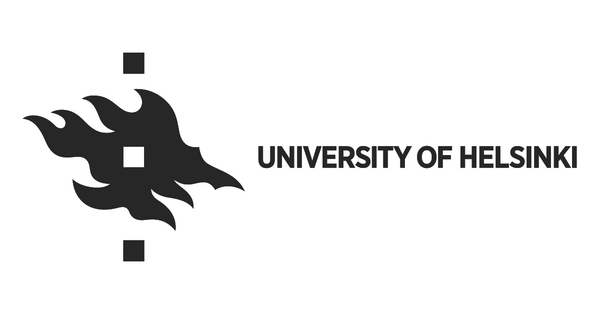University of Helsinki: Docent Susanna Lehvävirta is appointed as the new Director of Helsinki Institute of Sustainability Science (HELSUS)
Susanna Lehvävirta’s background is in plant ecology, but during her career she has developed a more holistic understanding and a way of thinking, which is demonstrated in her research on a wide range of topics, including ecology, environmental aesthetics, user perspectives, recreational psychology, jurisprudential perspectives, life cycle analyses, economy, geography and philosophy.
– To translate research results into practical solutions, multidisciplinary research approach is often needed. I’m as comfortable with theoretical and empirical thinking as I am with qualitative and quantitative methods. This of course doesn’t mean that I’m an expert with everything, but I try to combine things and raise questions that help to focus on the right things, Lehvävirta says.
For Lehvävirta, it is also extremely important to translate scientific findings into solutions for the society and people’s everyday lives.
– For example, coarse woody debris is good for biological diversity in recreational forests whereas vegetated roofs can be useful in cities. Yet, both can become more common only if they’re seen as aesthetically pleasing and safe. Additionally, they need to be supported by efficient regulation and be financially viable, Lehvävirta outlines.
This kind of holistic systems thinking is also needed in directing HELSUS. The Helsinki Institute of Sustainability Science participates in accelerating sustainability transformation in the society and advancing the transition to more sustainable solutions through inter- and multidisciplinary research and education. At its centre lies dialogue and cooperation with different actors in the society.
– Sustainability transformations are urgent if we want to preserve Earth’s rich diversity of life and the stability of societies at least to some extent on the current level. Climate change and the loss of biodiversity are advancing like tidal waves if we don’t do our best to thwart them right now. I think it’s especially important that researchers participate actively in the society and seek to develop solutions together with decision-makers, developers, planners, different organisations and citizens. Problems cannot be solved only inside the walls of universities but rather in a wide-ranging cooperation with the different sectors and actors in the society.
Docent Susanna Lehvävirta starts as the Director of HELSUS on the 10th of January 2022.
Helsinki Institute of Sustainability Science (HELSUS) combines the different disciplines of sustainability research and education into a cross-disciplinary and cross-campus concentration. HELSUS offers an interdisciplinary and inspiring environment for sustainability scientists, which encourages them to research, experiment and find best possible solutions for a sustainable future.

